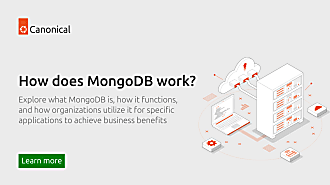Amrisha Prashar
on 15 October 2015
Dell World
20th-22nd October 2015
Austin, Texas
Austin Convention Center
Dell World is a three day event held in Austin, Texas bringing together technology leaders and decision makers from organisations of all sizes across a variety of different industries. This fifth annual event of its kind presents a forum for businesses to showcase how emerging technologies can transform their businesses through mobility, security, cloud, big data and the internet of things.
The Canonical team will be on hand at booth #1011 showcasing and demoing the power of snappy Ubuntu Core in partnership with CloudPlugs and Flowthings.io. We’ll be demoing how easy it is to use snappy Ubuntu Core with Dell IoT gateways and their software for solutions in building automation, industrial automation, smart cities, and energy applications.
Register now: http://dellworld.com/register



